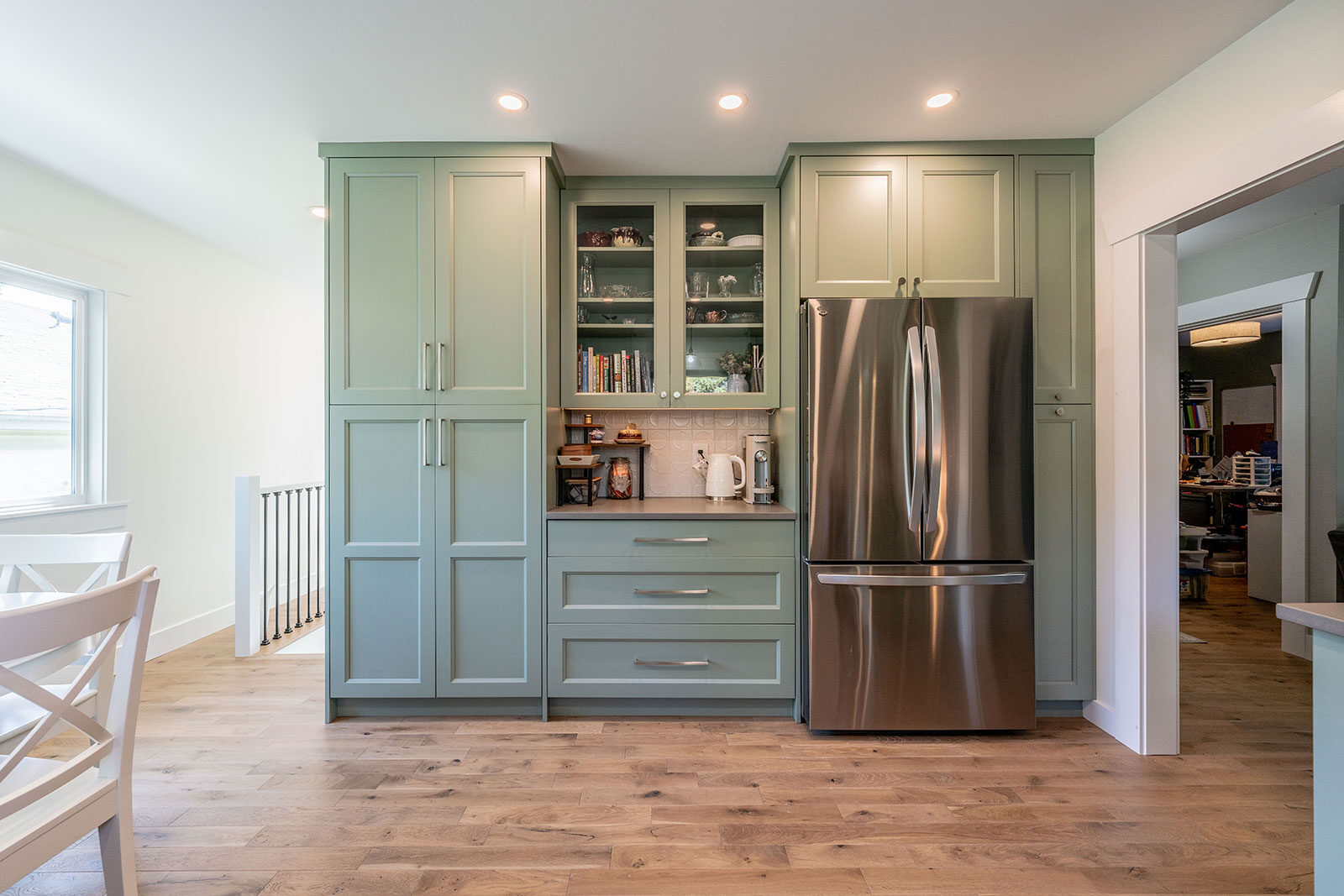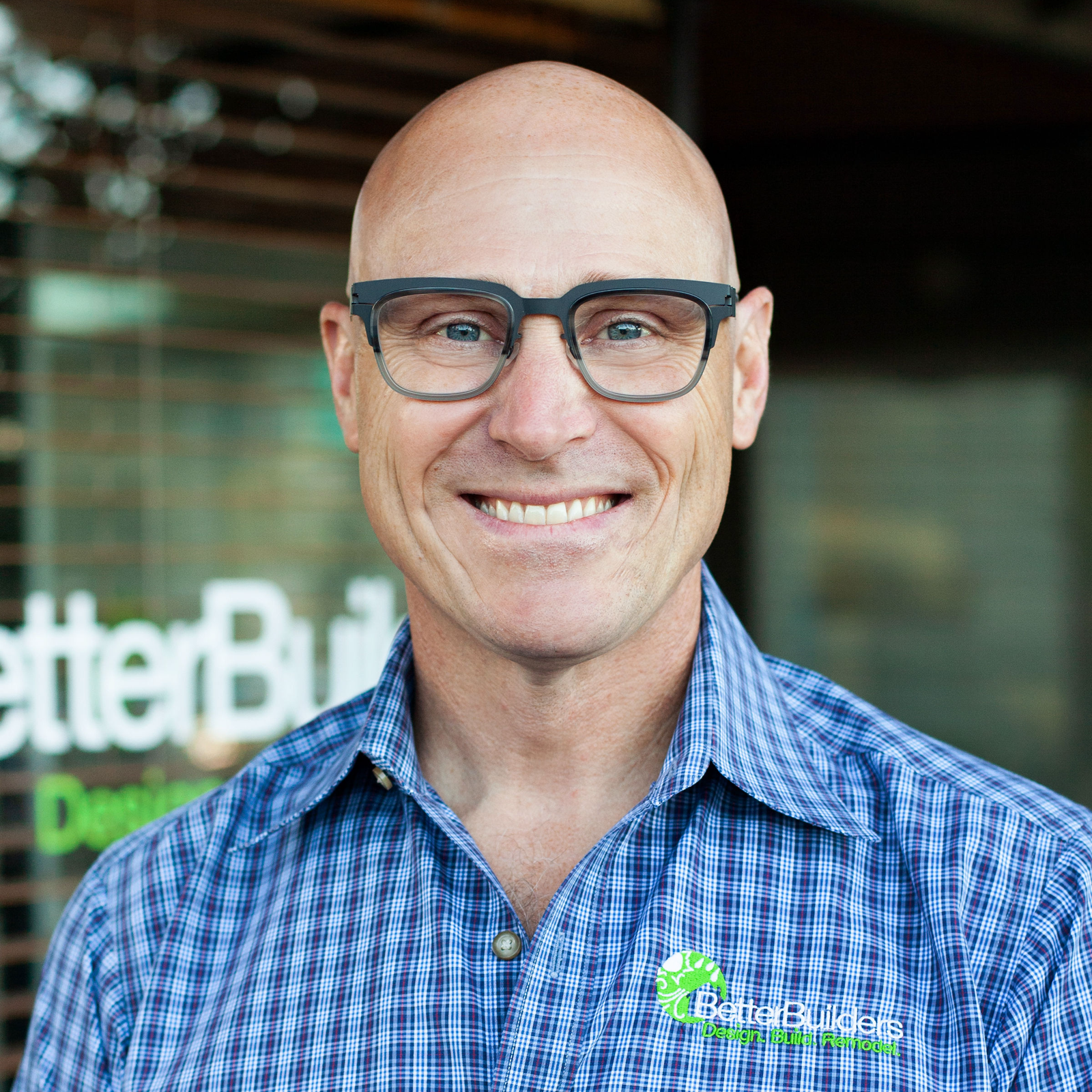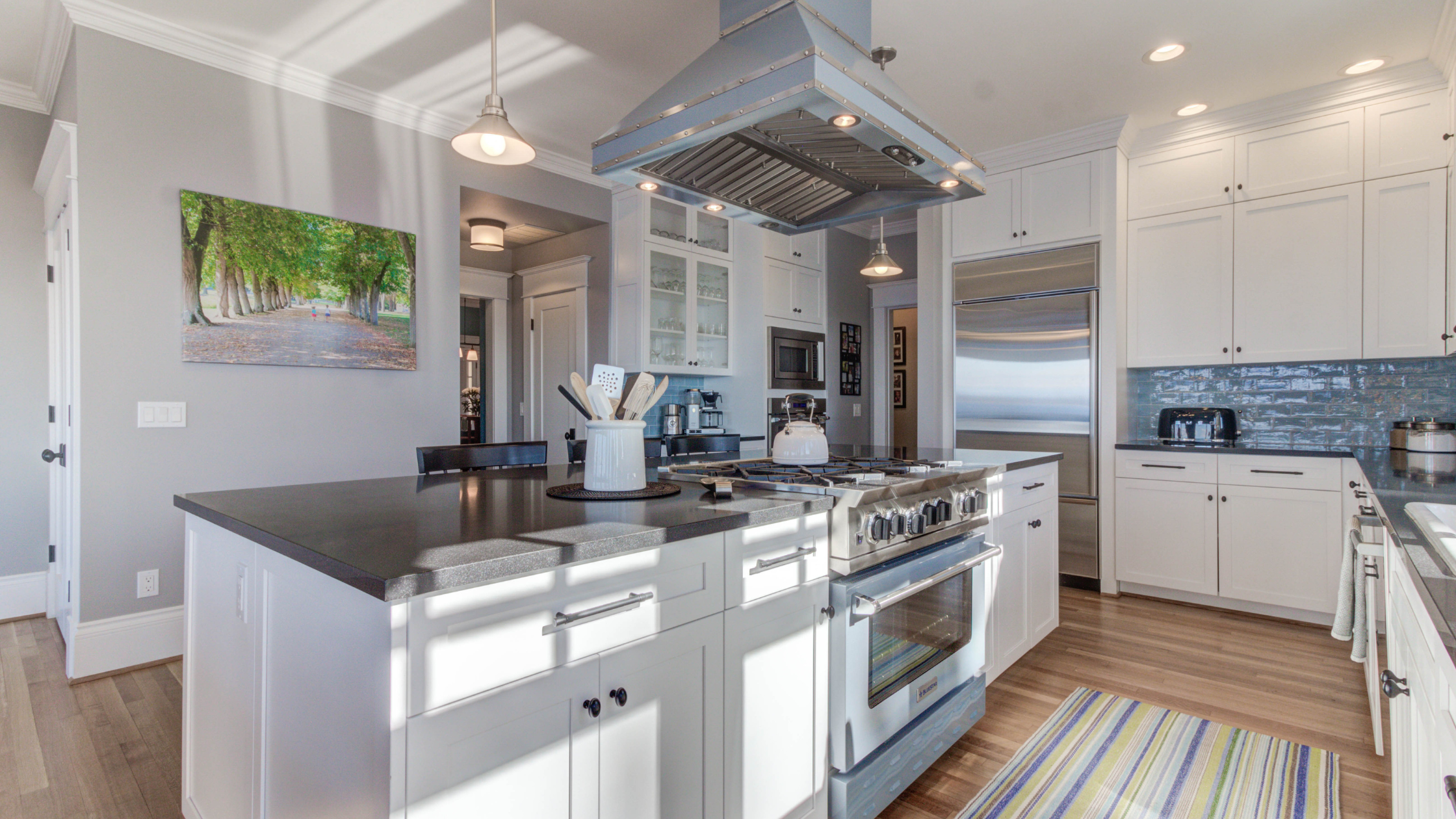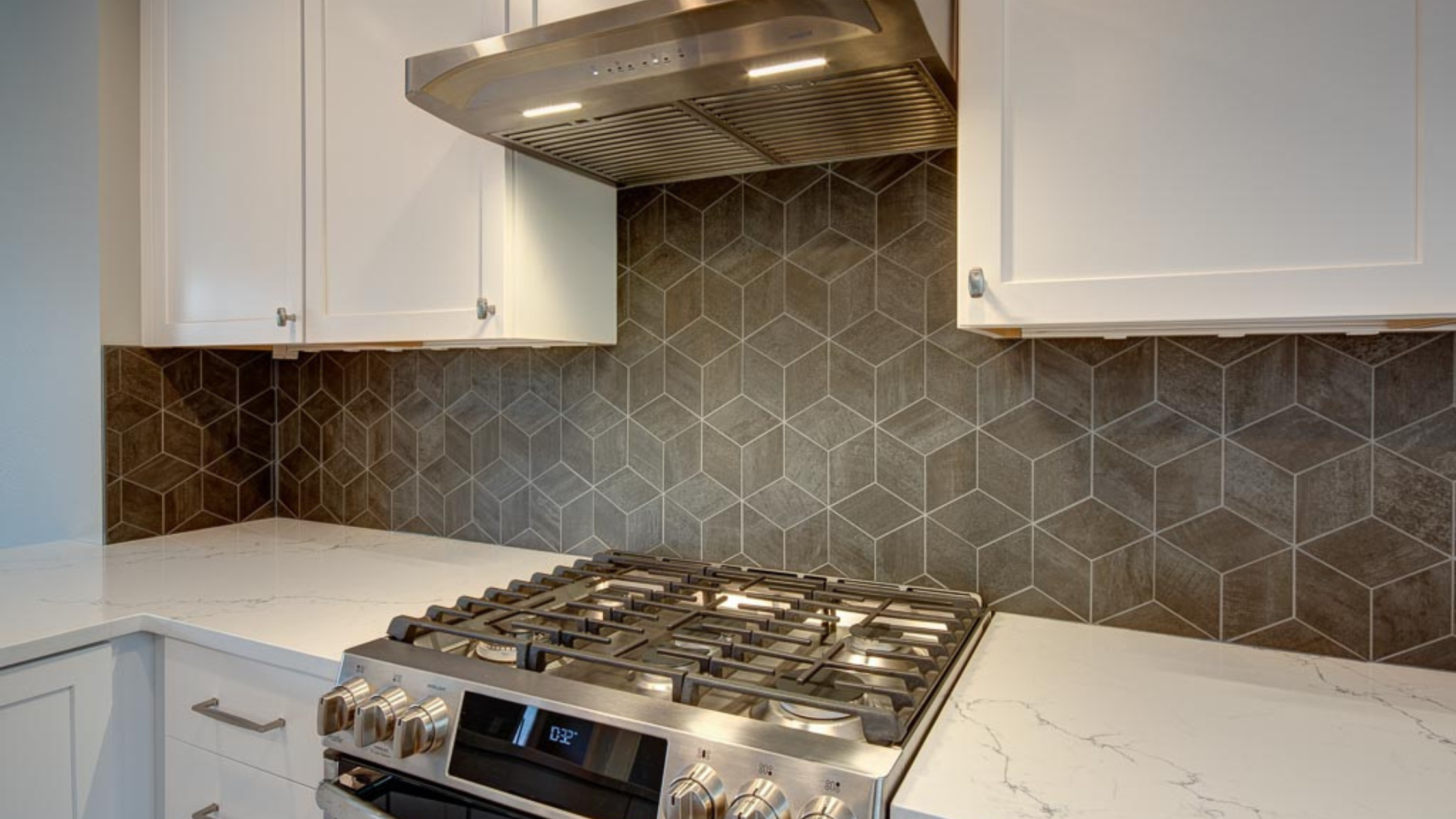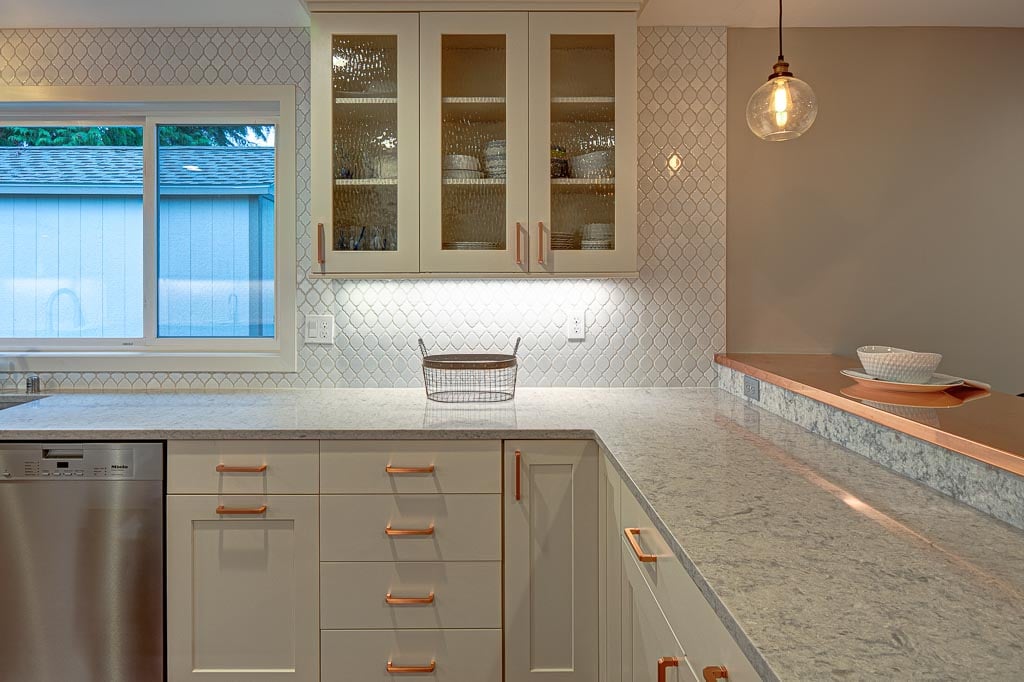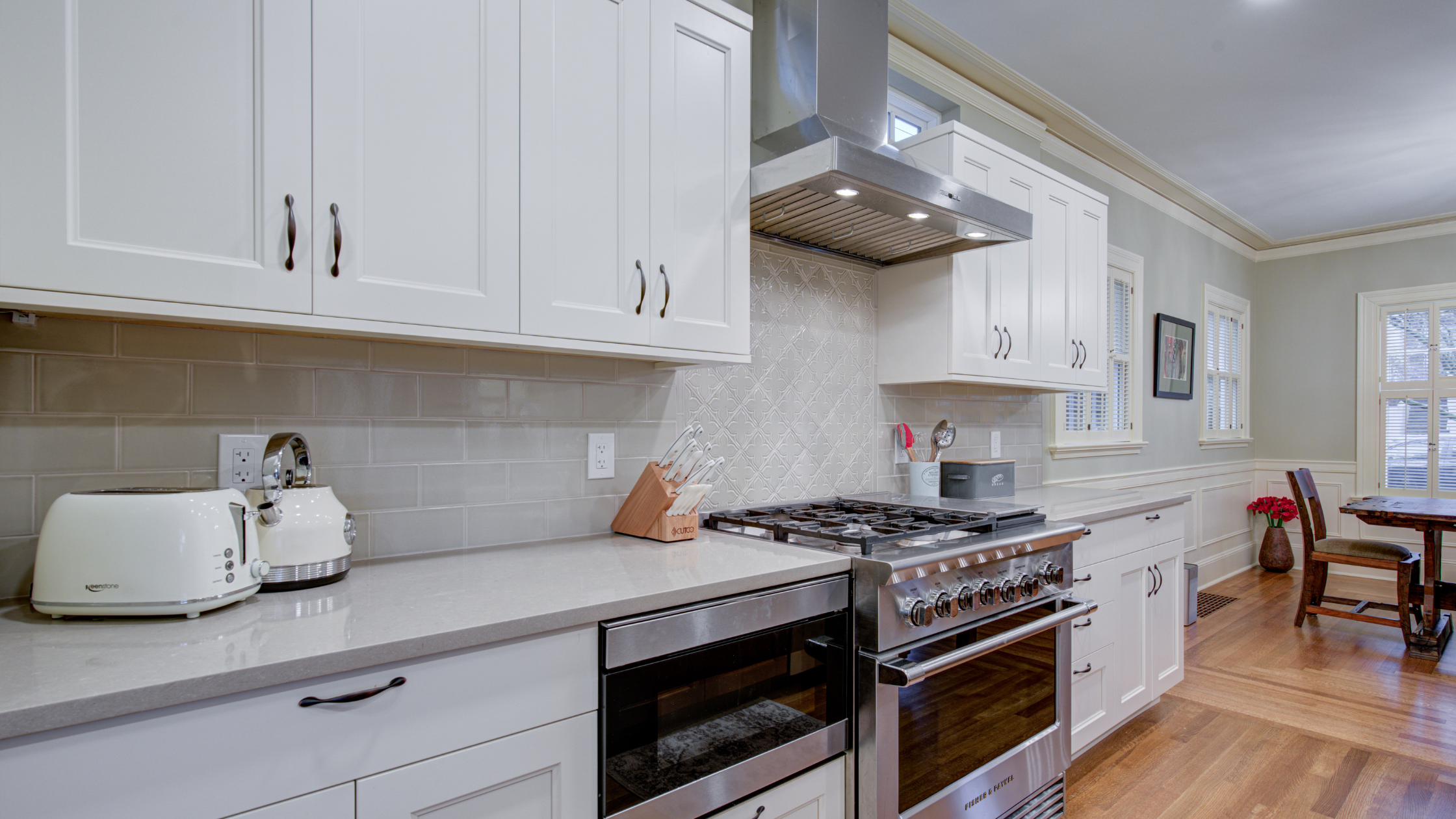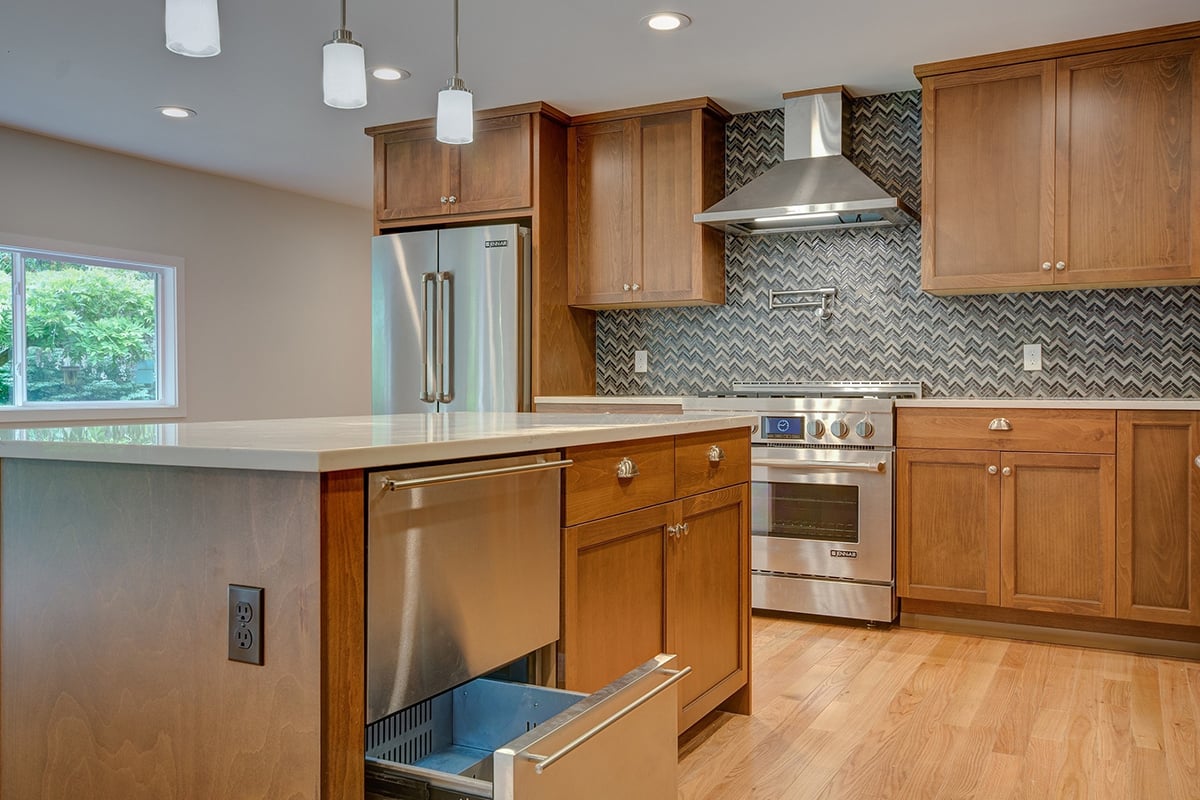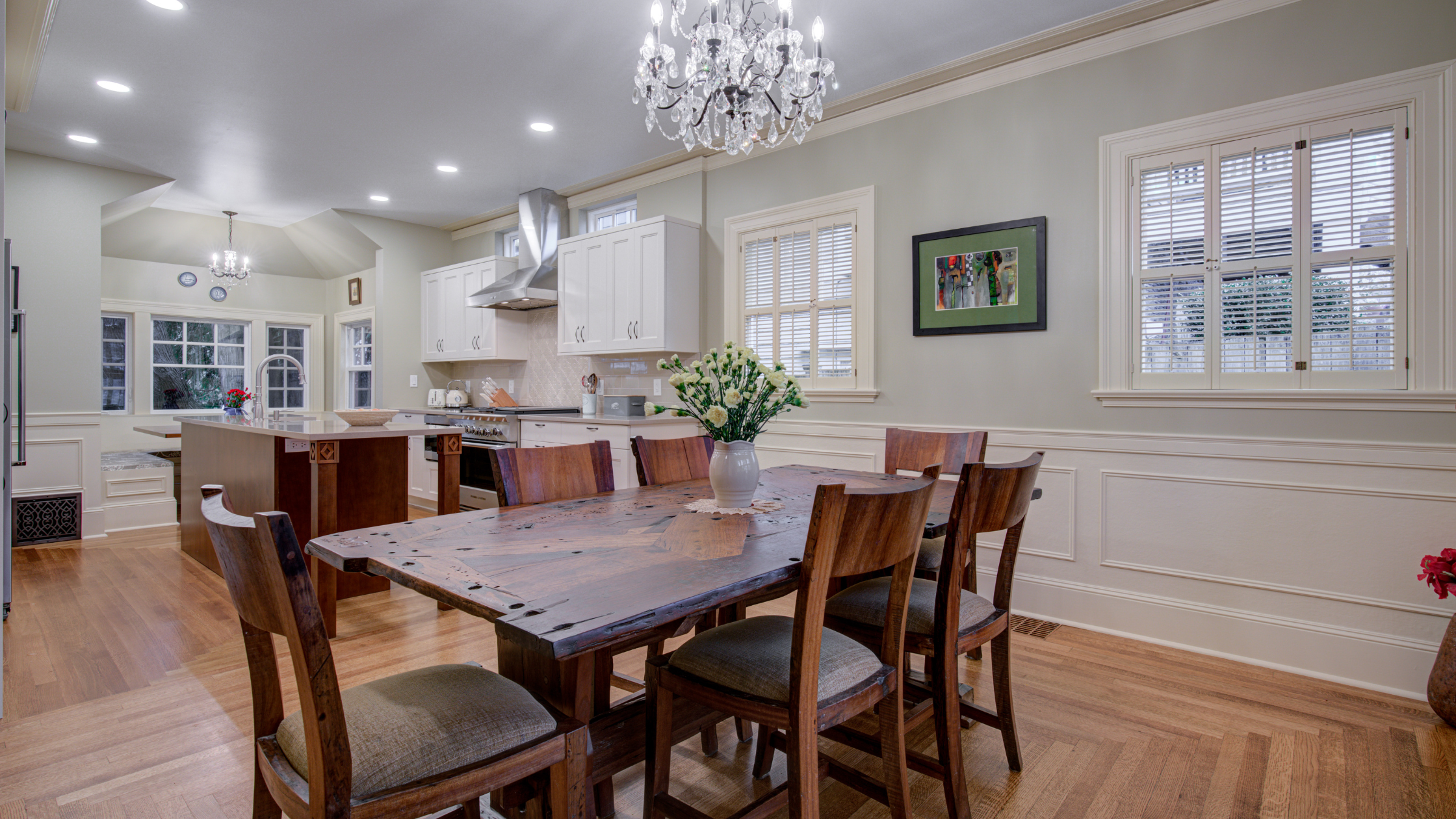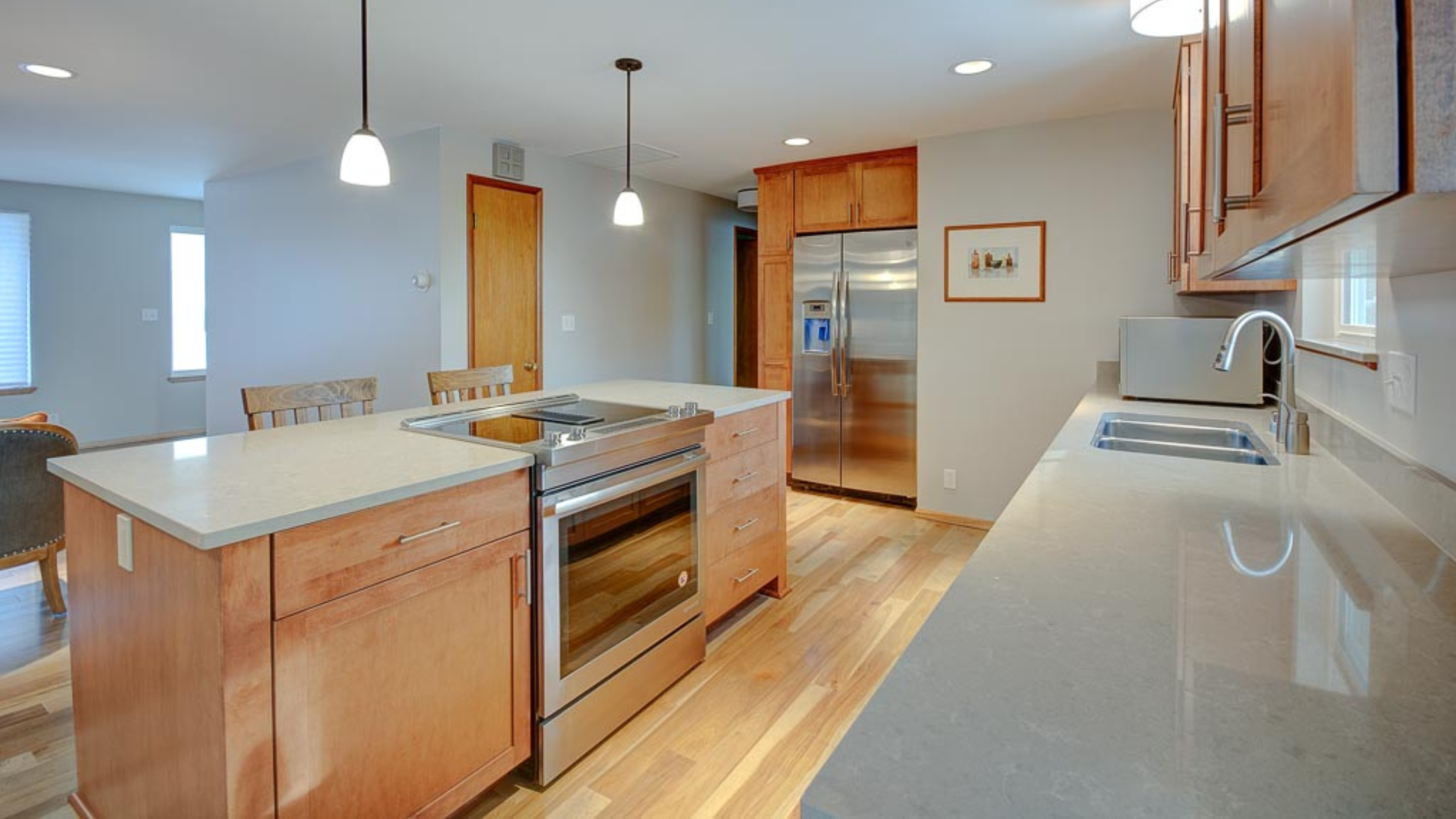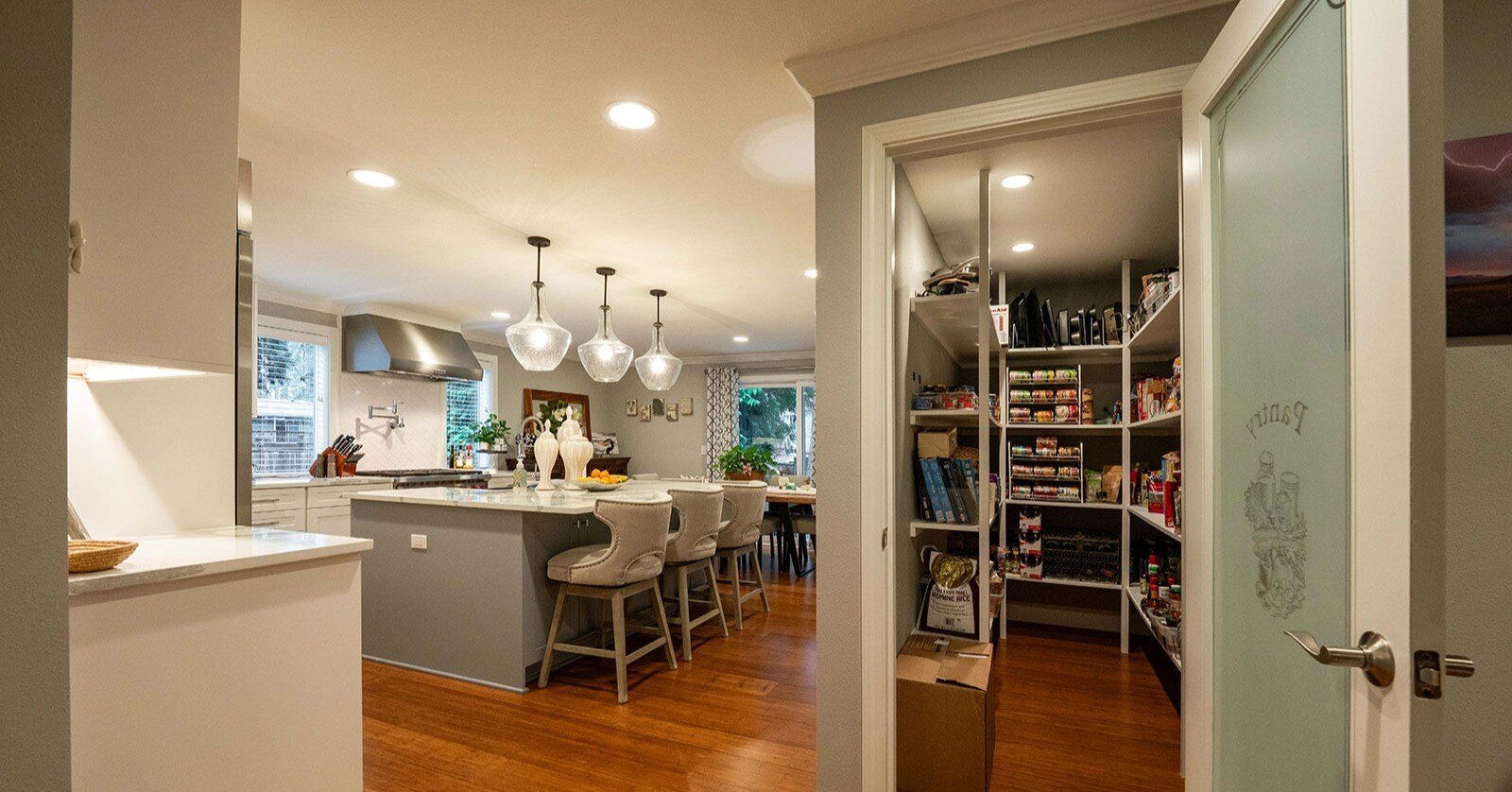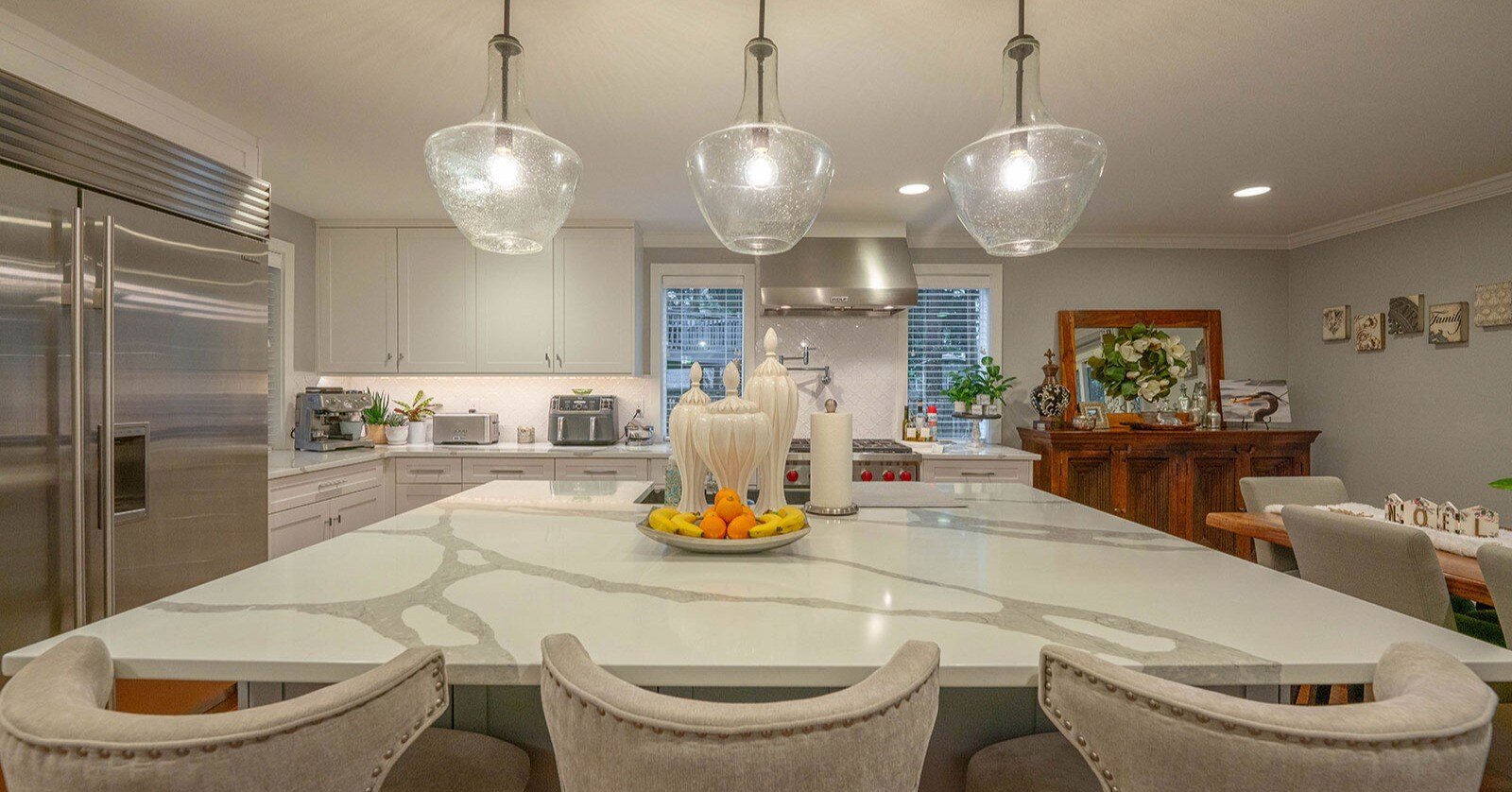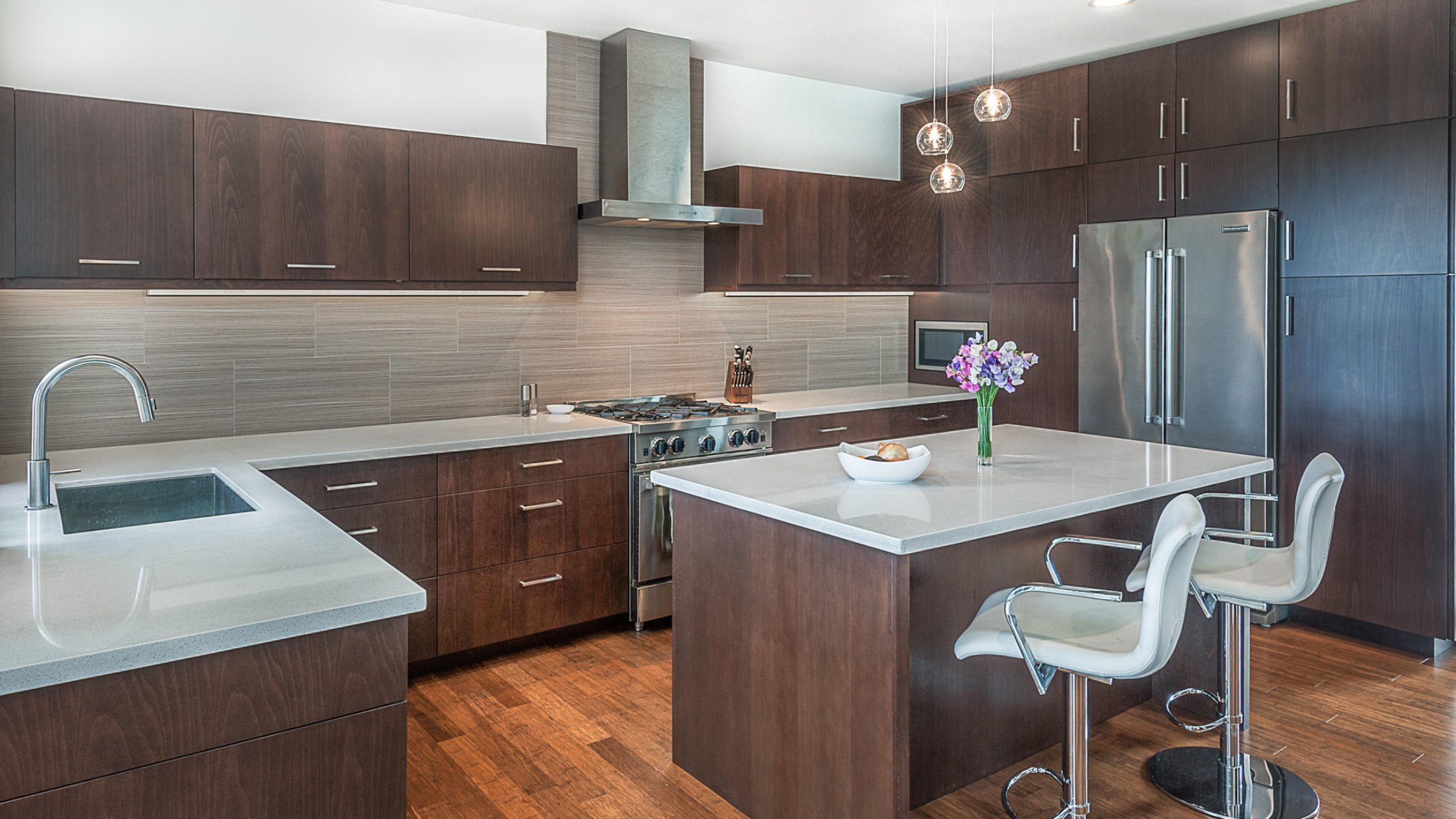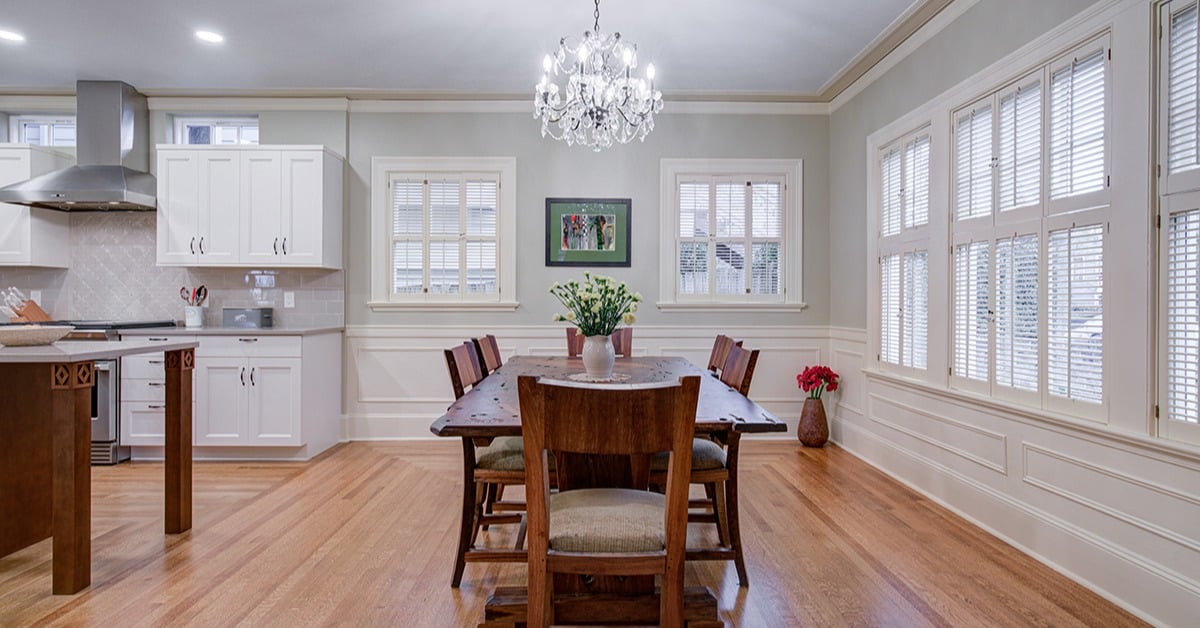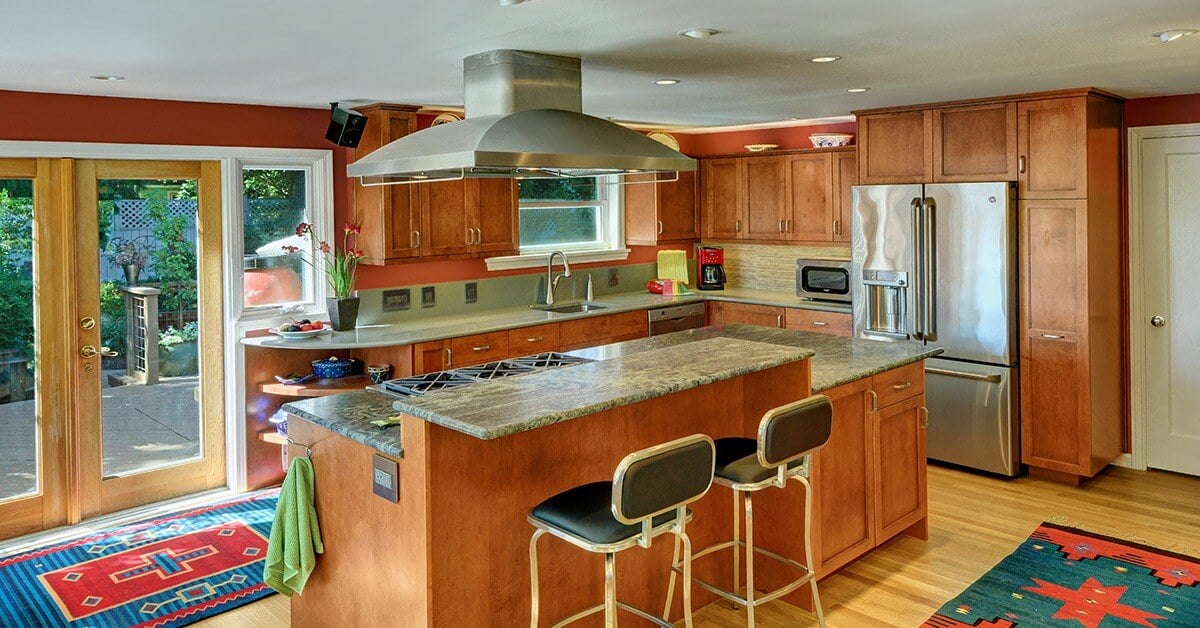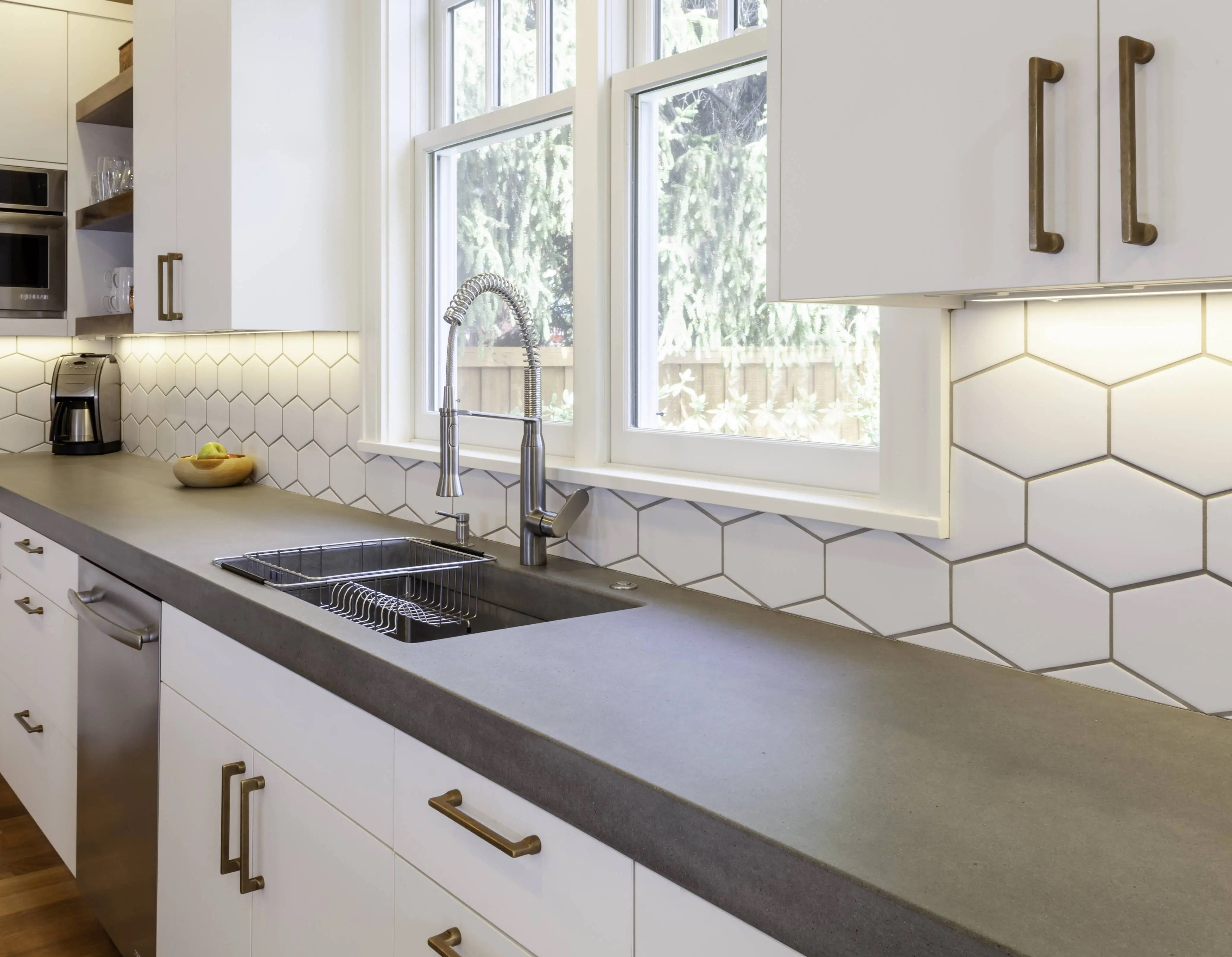If you’re planning a kitchen renovation—whether a layout reimagining, energy-efficient upgrade, or high-performance cooking space—there’s one key question to answer early: Will you need a permit?
For most kitchen remodels in Seattle and surrounding areas, the answer is: yes.
Permits aren’t just a formality. They’re a legal requirement designed to ensure that your home remains safe, compliant, and insurable. And if you plan to sell your home down the road, permitted work can help protect your investment and avoid costly surprises during inspections.
Here’s what every Seattle-area homeowner should know before demo day.
When You Don’t Need a Permit
If your remodel is cosmetic and doesn’t involve changes to systems or structure, you likely won’t need a permit. Common examples include:
-
Painting cabinets or walls
-
Replacing cabinet doors or hardware
-
Swapping out existing countertops or backsplashes
-
Installing new appliances (in the same location)
-
Replacing light fixtures or faucets without moving wiring or plumbing
Even still, it’s a good idea to double-check with your local building department. Permitting rules can vary from city to city across King County and the Puget Sound region. Some jurisdictions have cost thresholds or specific rules for projects in homes older than 50 years.
Projects That Do Require Permits
As soon as your remodel involves changes to electrical, plumbing, mechanical, or structural elements, permits are required by the Seattle Department of Construction & Inspections (SDCI) or your local permitting authority.
These include:
-
Moving or adding plumbing lines (e.g., relocating a sink, adding a dishwasher, or pot filler)
-
Electrical changes, such as adding new outlets, relocating wiring, or upgrading your panel
-
Structural modifications, like removing a wall, especially if it’s load-bearing
-
Changing the floor plan or creating new rooms
-
Ventilation and HVAC work, including new range hoods with ductwork
-
Installing skylights or new windows/doors
-
Work affecting the exterior envelope (e.g., adding a new entrance or bump-out)
In Seattle, mechanical, electrical, and plumbing (MEP) permits can often be issued quickly, while structural or extensive remodels may require plan reviews that take several weeks.
Why Permits Matter: Legal, Financial, and Safety Reasons
It’s tempting to view permitting as just another hurdle—but it exists to protect you and your investment. Here’s how:
-
Safety and code compliance: Permits ensure your home meets current building codes, including fire safety, structural integrity, and energy efficiency.
-
Insurance protection: Work completed without permits may not be covered by your homeowners’ policy if something goes wrong.
-
Resale value: Appraisers and buyers may flag unpermitted renovations, complicating or delaying the sale of your home.
-
Peace of mind: Final inspections confirm your project was completed correctly and to code—no second-guessing needed.
The fact is, failure to permit remodeling work can reduce property value and even derail a sale.

Who Pulls the Permits—You or the Contractor?
If you’re working with a licensed design-build firm like Better Builders, we handle the permitting process for you. That includes:
-
Identifying required permits based on the scope of work
-
Preparing and submitting permit applications
-
Coordinating with structural engineers, if needed
-
Scheduling and managing inspections
-
Ensuring all work complies with Seattle and King County codes
On larger projects, especially those involving structural changes or additions, the process may also involve architectural drawings and energy code compliance documentation. But rest assured—we handle all of that for you.
Projects That Might Require a Permit
Some work lives in a gray area and may or may not require a permit depending on the project details, cost, or municipality:
-
Adding or modifying ductwork or exhaust fans
-
Installing a new sink or dishwasher (even if using existing lines)
-
Upgrades exceeding a certain value threshold
Always check with your local building department—or let your contractor do it on your behalf.
What Happens If You Skip the Permit?
Choosing not to pull a permit (or hiring a contractor who avoids the process) can create serious problems:
-
Stop-work orders or project delays from city inspectors
-
Fines and penalties
-
Having to tear out completed work to redo it with permits
-
Issues with lenders or insurers when refinancing or filing claims
-
Lost resale value due to unverified or noncompliant work
In short: It’s not worth the risk.
Final Inspections and Project Sign-Off
Once construction is complete, your project must pass final inspection. In Seattle, this means all relevant inspectors (building, plumbing, electrical, mechanical) sign off that their part of the work meets code.
Final inspection is your official confirmation that:
-
All permitted work is complete
-
Everything meets local code and zoning standards
-
You can legally occupy or use the renovated space
This inspection is required for permit closure, and documentation of the final sign-off can be critical for insurance, resale, or refinancing.
Planning a Kitchen Renovation? Start With a Smart Plan
Understanding permitting is just one part of a successful kitchen remodel. From budget planning to design decisions and material selections, there are many moving parts—and we’re here to guide you through each one.
Start your journey with confidence by downloading our free guide: The Kitchen Renovation Handbook: 10 Steps to Design the Kitchen of Your Dreams. This comprehensive resource covers everything you need to know—so you can avoid delays, stay within budget, and create a kitchen that reflects how you really live.

